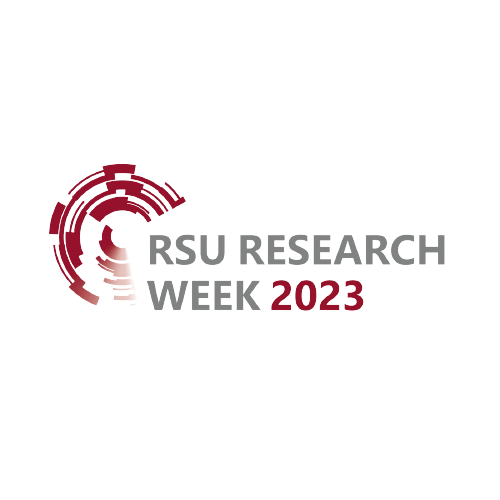Step out of your Comfort Zone and Attend a Lecture on a New Topic!
Assist. Prof. Valtýr Stefánsson Thors is a specialist in paediatric infectious diseases. He is currently the lead for paediatric infectious diseases in Iceland and works at the Children’s Hospital Reykjavik, Iceland as well as an assistant professor at the University of Iceland. He will be giving one of the keynote speeches in the Infectious Diseases, Immunity and Allergology section of the Knowledge for Use in Practice conference (29–31 March 2023).
Could you give an overview over what you'll be speaking about at RW2023?
My presentation will be on influenza vaccination in children. The key topics that I will address will be the burden of influenza in children, both in terms of the actual disease, the secondary use of antibiotics, hospital admissions, and also on the societal impact of flu epidemics. I'll try to draw up a picture of how you can evaluate the societal impact, including the costs for society.
Cost is often a major factor in making decisions on whether or not to implement vaccination strategies in countries. I hope I'll be able to provide some information on how institutions, governments, and people that manage health care policies can use that data to help them decide whether it's useful for the community to vaccinate children against influenza.
I will discuss the potential benefits of influenza vaccination and which age categories would be the most likely to result in the highest impact.
What are some of the challenges you have faced, or are facing now considering the scrutiny there has been on vaccinations in recent years?
The public view on vaccination is generally very positive in Iceland and the antivax movement is small. There are obviously groups that strongly oppose vaccination in Iceland too, as there are in other countries, especially concerning children. These groups became louder during COVID, but we haven't really been dealing with a lot of difficulties in getting people to bring their kids in for vaccinations in general.
I think a part of that, is having an open conversation, being transparent in terms of how decisions are made, and explaining what the available evidence is.
What do you want to do with the platform you have been given as keynote speaker?
I'm not there to try to convince anybody about the benefits of vaccination. I think the overwhelming evidence worldwide speaks for itself. My role is rather to provide evidence on both the burden of flu and the effectiveness of vaccines, and this particular talk on flu vaccines, which are not perfect by any means, and how that might benefit the children, first and foremost, but also perhaps the greater good for society as a whole. I will also address how you might go about in evaluating the burden without it costing millions of euros in clinical studies.
Can you talk about your collaboration with researchers in Latvia? What's the path that led you to RSU Research Week?
Prof. Ásgeir Haraldsson, who is a professor in paediatrics, and I have had a really good relationship with people from Riga before and we were invited to a conference here a few years ago. In Iceland, we run a three-day international course on paediatric infectious diseases where we have speakers from top universities in Europe. We've had delegates from Latvia most of the years that we've done the course, and we really value the friendship that we've established.
What is the difference for you between attending a conference in person versus online?
I can't overstate the importance of meeting face-to-face. Hybrid meetings, where people can also log in and follow the talks online, is a great way to provide people who can't travel, sometimes from resource-poor countries, with the opportunity to still participate and get vital information. Face-to-face meetings and the discussions that take place outside the actual talks, are really important, however.
Friendships, ideas, and collaboration networks are made in person. This is imperative for a small country like Iceland.
Are you coming to the conference with a plan for what you want to hear or achieve, or will you just come and see what happens?
A bit of both, I think. I'm always full of ideas. I've got the next five clinical studies already lined up in my mind. I'm really open to collaboration and I like speaking to people and figuring out if we could do something together. I also believe in being open with your ideas. Some people tend to play poker with their ideas, not letting anyone see their cards, but I'm always open and share them. If somebody steals the idea, that's fine. At least the study will be done. I'm coming to Riga with an open mind and will hopefully meet new people.
Is there anything at the conference that you already know you want to attend?
In recent years,
I've learned to appreciate going to talks that are on topics that I don't know anything about. They're often an eye-opener and can change your way of thinking!
I'm sure there'll be lots of interesting talks for me to enjoy.

